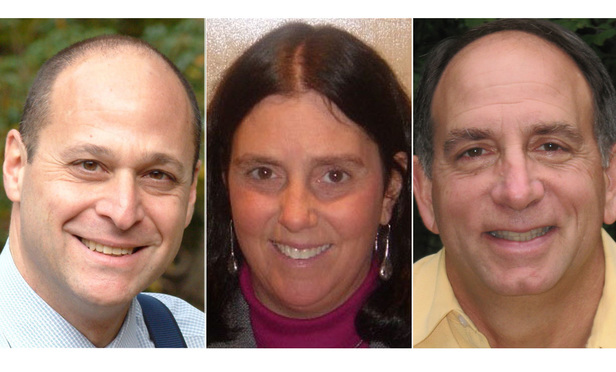Mental health professionals have long been involved with divorcing families, but recent years have seen an increase of sophisticated service models, along with some controversy about them. It is important for attorneys to be familiar with qualified professionals, the benefits they can offer to clients, ethical obligations of MHPs and potential controversies.
The Search for Bright Lines
Most attorneys are familiar with the roles of child custody evaluator and forensic expert, and the advanced levels of expertise expected from mental health professionals (MHPs) in those roles. Mental health experts may also be helpful in stabilizing high-conflict situations, assisting counsel, and providing direct assistance or intervention to clients. In their recent article “Use and Misuse of Mental Health Professionals in Custody Cases” (NYLJ, Aug. 29, 2014), attorney Stephen Gassman and psychologist David Martindale raised concern about some mental health services provided to litigants, and discussed the roles and ethical obligations of MHPs providing consultation or treatment services in child custody cases. They proposed possible criteria for suspecting that a parent is receiving “ forensic coaching” to deceive an evaluator or the court. We provide some clarification and context here.



